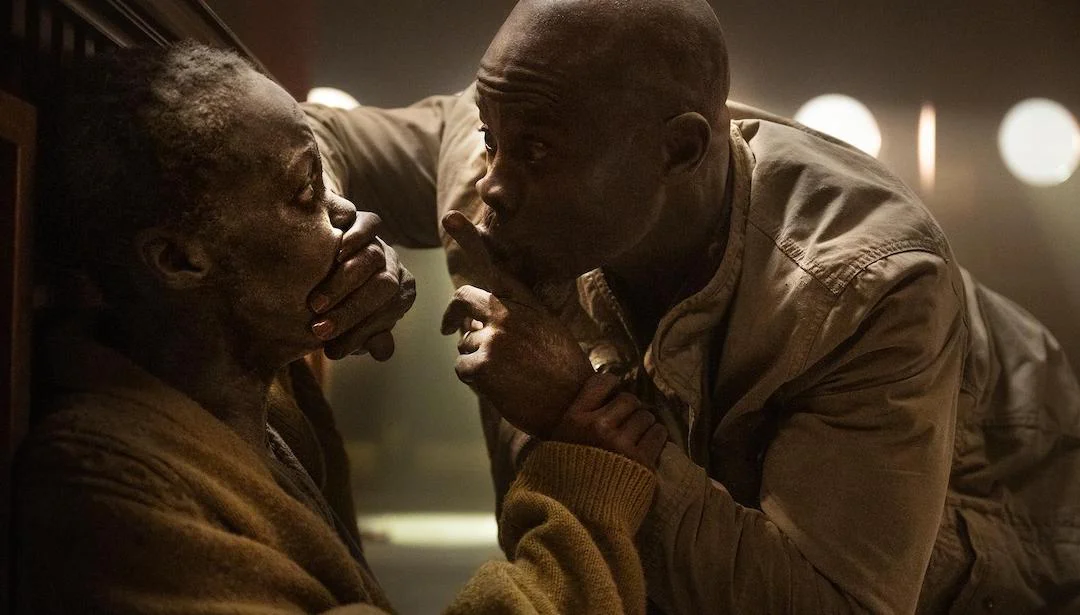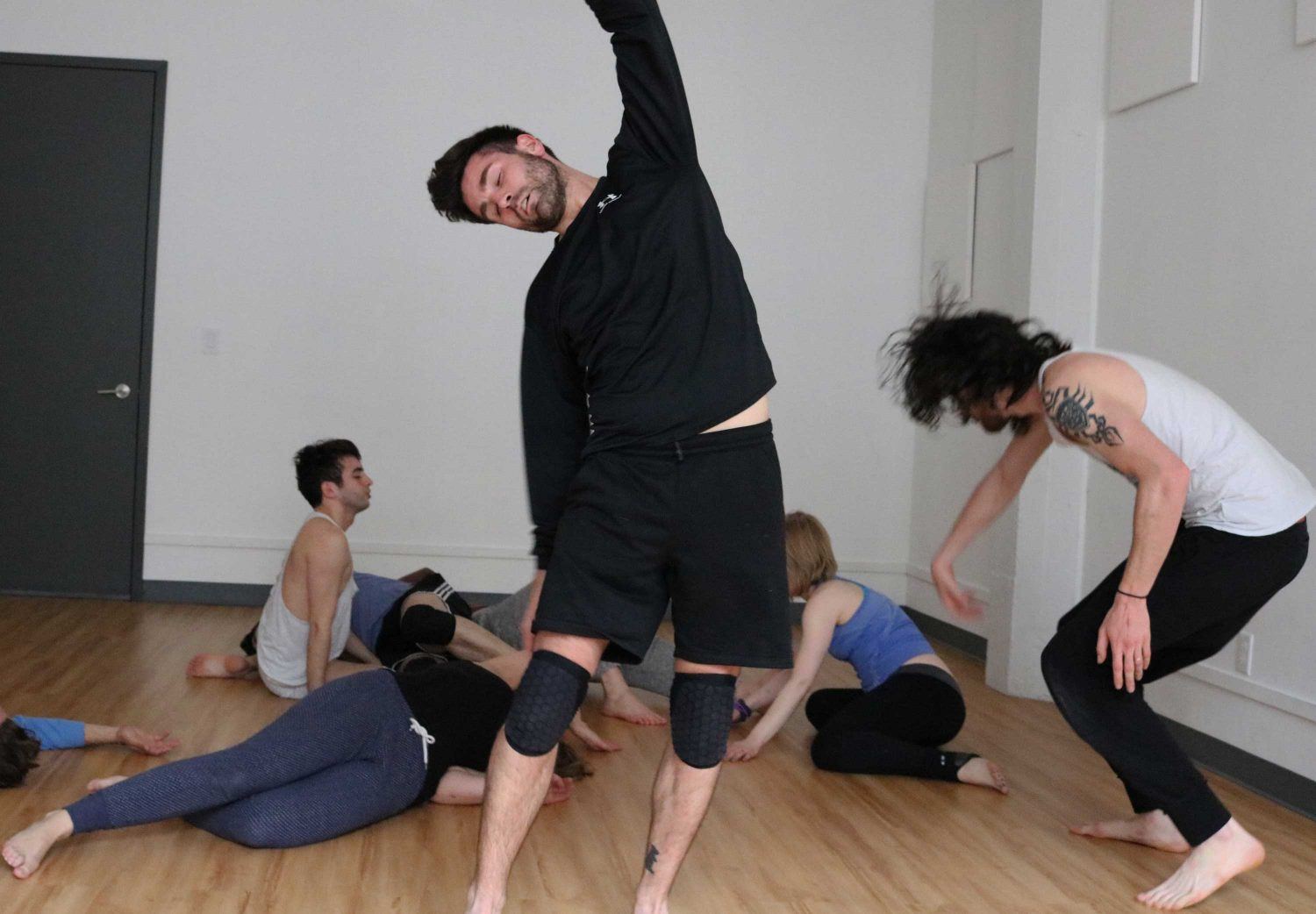
How to Act (Well) Without Saying a Word

Terry Knickerbocker is the director of the Brooklyn-based Terry Knickerbocker Studio. He has coached actors on over 300 films, television, and theater projects, both on and off-Broadway and regionally. He also consults playwrights and screenwriters on their scripts.
Article originally published on Backstage.com.


Photo Source: “A Quiet Place: Day One” Courtesy Paramount Pictures
In the new post-apocalyptic prequel “A Quiet Place: Day One,” Lupita Nyong’o and Djimon Hounsou play New Yorkers seeking immediate shelter from killer aliens who are highly attuned to and feast on anything that makes a sound. It’s a thrill-packed premise, but it also happens to be a preeminent acting showcase.
So says acting coach Terry Knickerbocker, who has taught the Meisner technique to clients such as Michelle Williams, Sam Rockwell, and Natasha Lyonne. “One of the pillars of the training is that acting is not talking,” he says. “There are lots of experiences that we might be called upon to portray in a scene where the response stays inside you.”
Though the “Quiet Place” franchise, as well as “Dunkirk,” “Cast Away,” and “2001: A Space Odyssey,” are some of the more notable films featuring nonverbal communication, Knickerbocker points to minimalist scenes in otherwise talk-heavy works that make a major impact. In “The Godfather,” for example, “Al Pacino goes to the bathroom in a restaurant to find a gun in the stall. Then, he has this incredible moment and fixes his hair before shooting. There’s no dialogue, and it’s brilliant.”
To help achieve that golden silence, Knickerbocker offers these five tips.
Remember that a monologue is really a dialogue
“You’re still a scene partner even if the other person has a lot to say. If I’m on a blind date and the other person is talking about their toenail collection, I’m actively thinking about whether I should feign a headache or just say the night is not working out. There’s still a lot going on. During the audition, do a lot of homework on the other person’s lines so you can practice the art of listening.”

Ask yourself what it all means
“ ‘What’s going on in the moment? What are the circumstances? What’s the relationship to the other characters in the room? Is this the love of my life or my worst enemy?’ After you know what all this stuff means, you can respond [accordingly]. Think about the opening scene in [the original] ‘A Quiet Place’ when the young boy takes the batteries and puts them in his toy rocket. John Krasinski’s [character] races to save him because he knows what the noise from the rocket ship means.”

Do something physical
“If you can do some sort of an activity in the scene, it can be really helpful so you’re not just stuck there. It doesn’t matter if it’s making a sandwich, straightening up a room, or taking notes. Anything you can do with your hands can hold the scene. I noticed they do a lot of that in ‘A Quiet Place’—somebody is always fixing lights or doing sign language. It’s really captivating acting.”

Dig deep from within
“This is a little controversial, but I don’t think it’s an actor’s job to convey emotions. That’s not reality. People don’t try to show others how they’re feeling—they just have those feelings naturally. So it is an actor’s job to live truthfully. And if you live truthfully, then you’ll understand the role and the emotions will be there. Then audiences will see it on the screen.”
A great summer program can be a transformative experience; so if time and money allow, don’t miss out on the opportunity. Without training, you’ll never know who you could become as an actor.

Enjoy it!
“Instead of thinking, Oh my god, what am I going to do without any lines?, re-frame it as an opportunity. This is a wonderful creative puzzle to figure out. It’s a rite of passage for every New York actor to be in ‘Law & Order: SVU,’ right? So even if you’re in a three-minute scene without any dialogue in a 7-Eleven, use your imagination and do something interesting when the camera is on you. Remember, it’s a pleasure to be able to be able to act.”